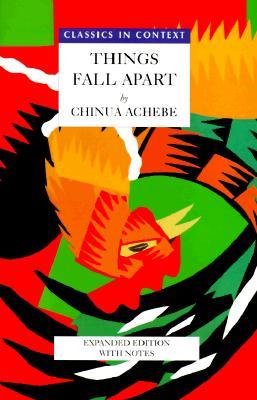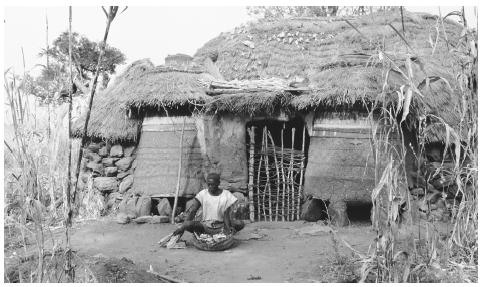 Orientalism is an important concept to keep in mind as we start EN 202 because the West's political & cultural power makes it easy to see non-Western literature as exotic and less important than Western literature. Since this semester we are reading Lady Mary Wortley Montague's letters from the Ottoman Empire *and* excerpts from Evliya Celebi's The Book of Travels, this concept is especially important since Edward Said's book focuses on this part of the world more than it focuses on Africa. So I thought I would put up some links about it while I have a little more time.
Orientalism is an important concept to keep in mind as we start EN 202 because the West's political & cultural power makes it easy to see non-Western literature as exotic and less important than Western literature. Since this semester we are reading Lady Mary Wortley Montague's letters from the Ottoman Empire *and* excerpts from Evliya Celebi's The Book of Travels, this concept is especially important since Edward Said's book focuses on this part of the world more than it focuses on Africa. So I thought I would put up some links about it while I have a little more time.
Nowadays when we talk about Orientalism in literary studies we are referring to Edward Said's definition of this term: Orientalism as a method of defining the Middle East (and the rest of Asia) as an object of study by Westerners. However, as Danielle Sered notes in a web page on Orientalism, this term was used long before Said. Then its meaning was a lot less controversial.
http://www.english.emory.edu/Bahri/Orientalism.html
Prof. Allen Carey-Webb's page at the University of Western Michigan provides more detailed information about the concept of Orientalism, the reception of Said's ideas, and Said himself.
http://www.wmich.edu/dialogues/texts/orientalism.htm
Interestingly, his students have also written about some of the works that we'll be reading. Here is Michael Omo's page on Heart of Darkness:
http://www.wmich.edu/dialogues/texts/heartofdarkness.html
Theresa Johnson wrote about Things Fall Apart:
http://www.wmich.edu/dialogues/texts/thingsfallapart.html
OK, I'm starting to go off track, but here is Vicki L. Whisler's page on Oroonoko:
http://www.wmich.edu/dialogues/texts/oroonoko.html
Said does mention Heart of Darkness and other works by Conrad, but his emphasis is on the Middle East as it has been scrutinized and defined by Westerners. Nevertheless, because Said has helped us realize how politicized literature and literary studies are and his book is a key text in post-colonial studies, he has affected how we read Heart of Darkness et al. We cannot read it as naively as we might have before Said published Orientalism (1978).
Of course, neither should we read Orientalism naively. FYI, here are some reviews by critics of Said:
http://www.newcriterion.com/articles.cfm/enough-said-3743
The print on this article is small, but this site is more accessible than Salon is nowadays:
http://www.ictal.org/modules.php?op=modload&name=News&file=article&sid=1328

How do you interpret the way that the authors of these web sites use the term Orientalist or Oriental?
http://www.orientalist-art.org.uk/
http://www.orientalistart.net/index.html
http://www.arabartgallery.com/orient1.htm
Here is a painting by Kamil Aslanger, a contemporary Turkish artist who calls himself an Orientalist artist. I tried to go to his website, but it is entirely in Turkish! It looks and sounds beautiful, though.



























 While I am champing at the bit for the semester to begin, I thought that I'd add an entry on the Nigerian novelist Chinua Achebe, his first novel Things Fall Apart, and his 2000 book, Home and Exile, a trio of essays that began as the author's lectures at Harvard. In fact, I feel a little guilty with all the Conrad entries I've posted so far.
While I am champing at the bit for the semester to begin, I thought that I'd add an entry on the Nigerian novelist Chinua Achebe, his first novel Things Fall Apart, and his 2000 book, Home and Exile, a trio of essays that began as the author's lectures at Harvard. In fact, I feel a little guilty with all the Conrad entries I've posted so far.  Heart of Darkness, I could probably devote an entire entry to covers of Things Fall Apart. So much has changed since 1958 when that novel was first published. In fact, Achebe's homeland, Nigeria, would still be ruled by the British for another two years.
Heart of Darkness, I could probably devote an entire entry to covers of Things Fall Apart. So much has changed since 1958 when that novel was first published. In fact, Achebe's homeland, Nigeria, would still be ruled by the British for another two years. 














